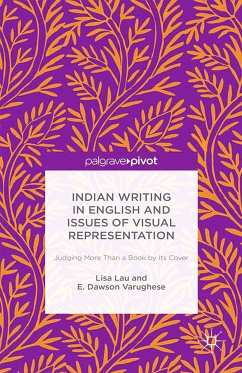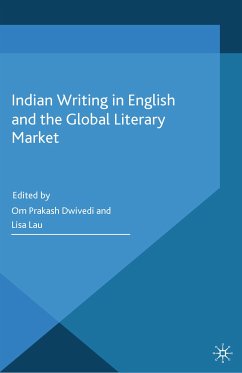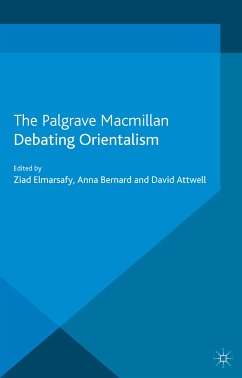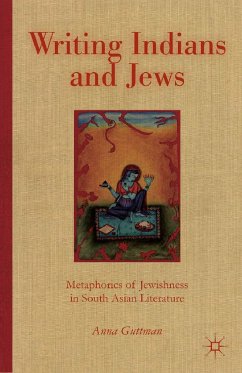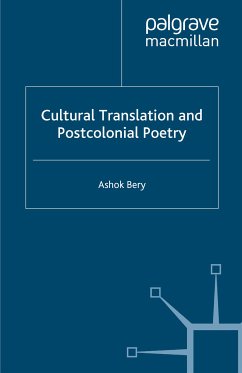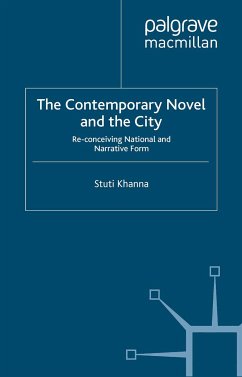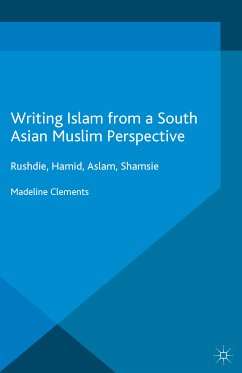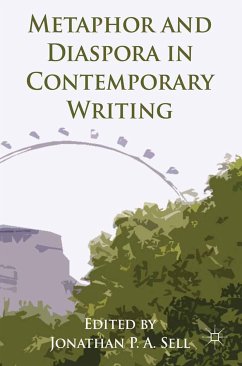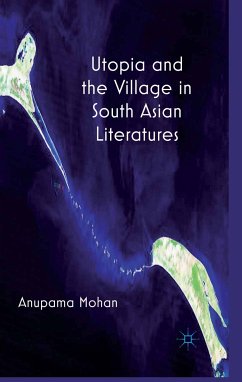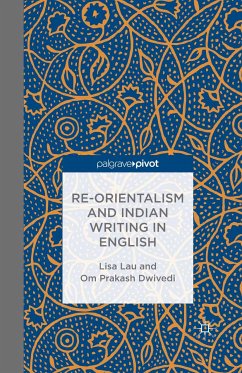
Re-Orientalism and Indian Writing in English (eBook, PDF)
Versandkostenfrei!
Sofort per Download lieferbar
40,95 €
inkl. MwSt.
Weitere Ausgaben:

PAYBACK Punkte
20 °P sammeln!
At its most basic, re-Orientalism is defined as forms of Orientalism practiced and manifested by Orientals in representing the Orient. This book looks at the application and discourse of re-Orientalism in contemporary Indian and South Asian writing in English, particularly social realism fiction.
Dieser Download kann aus rechtlichen Gründen nur mit Rechnungsadresse in A, B, BG, CY, CZ, D, DK, EW, E, FIN, F, GR, HR, H, IRL, I, LT, L, LR, M, NL, PL, P, R, S, SLO, SK ausgeliefert werden.



